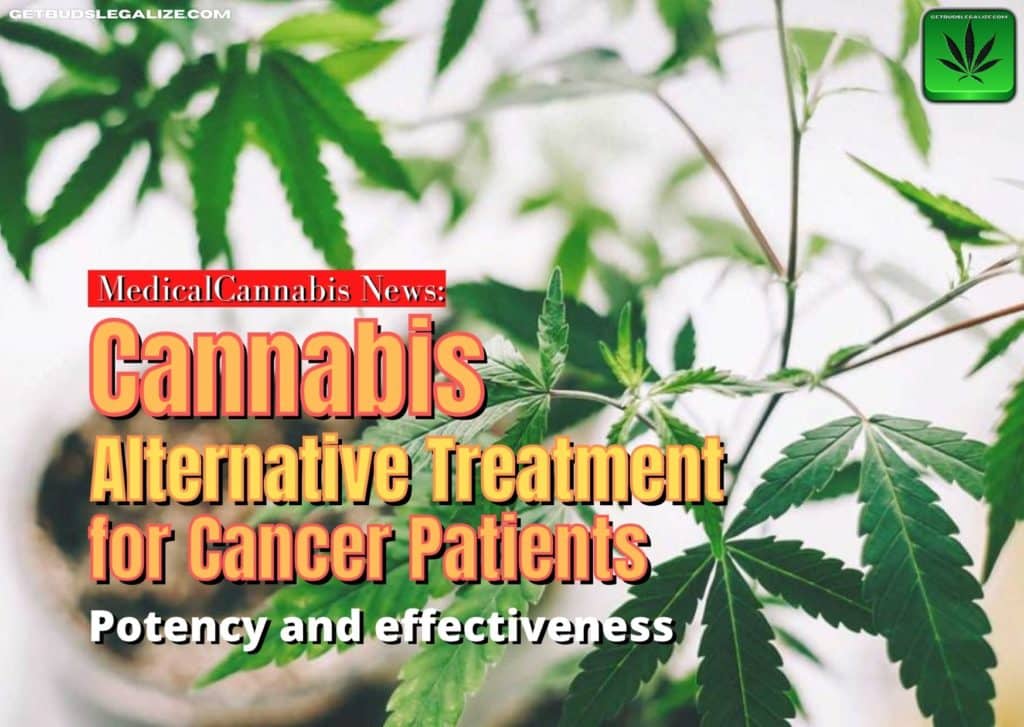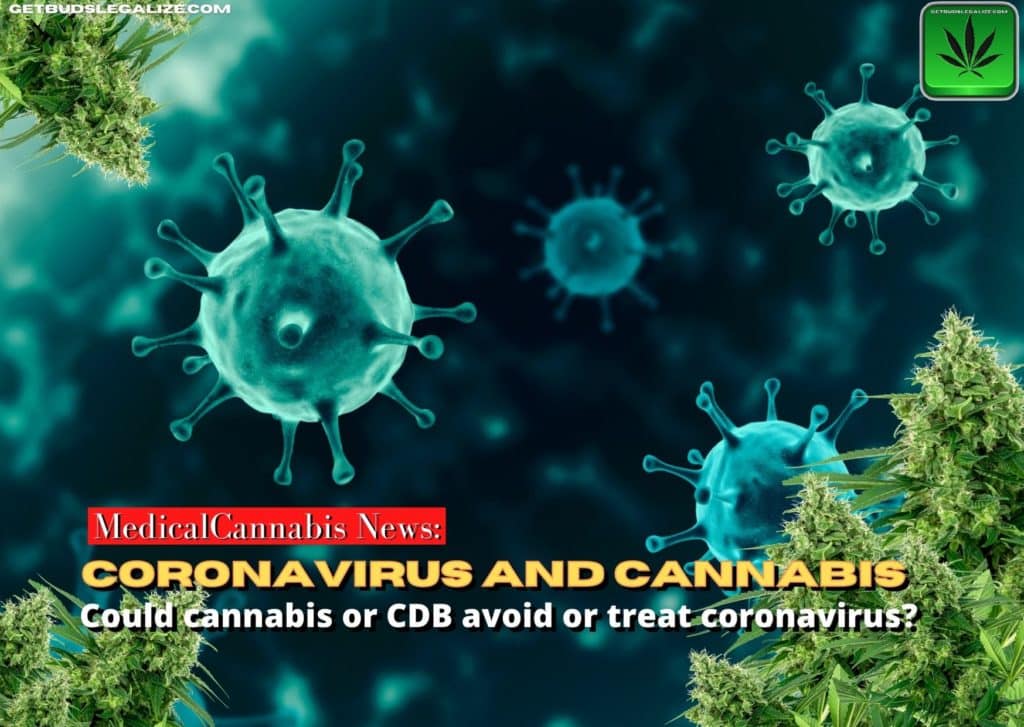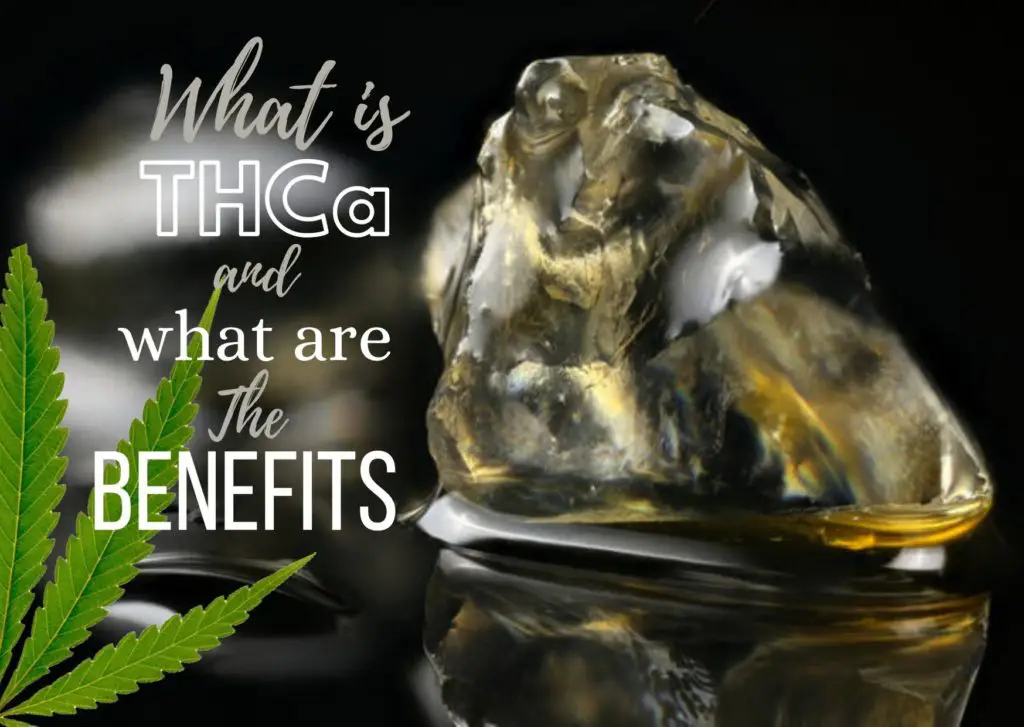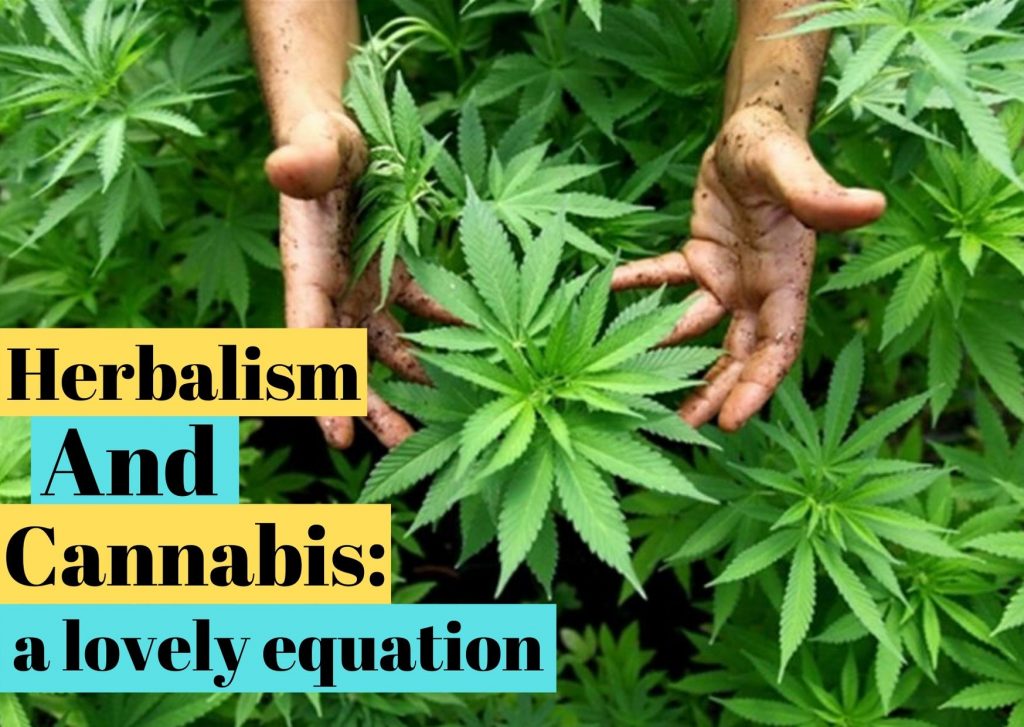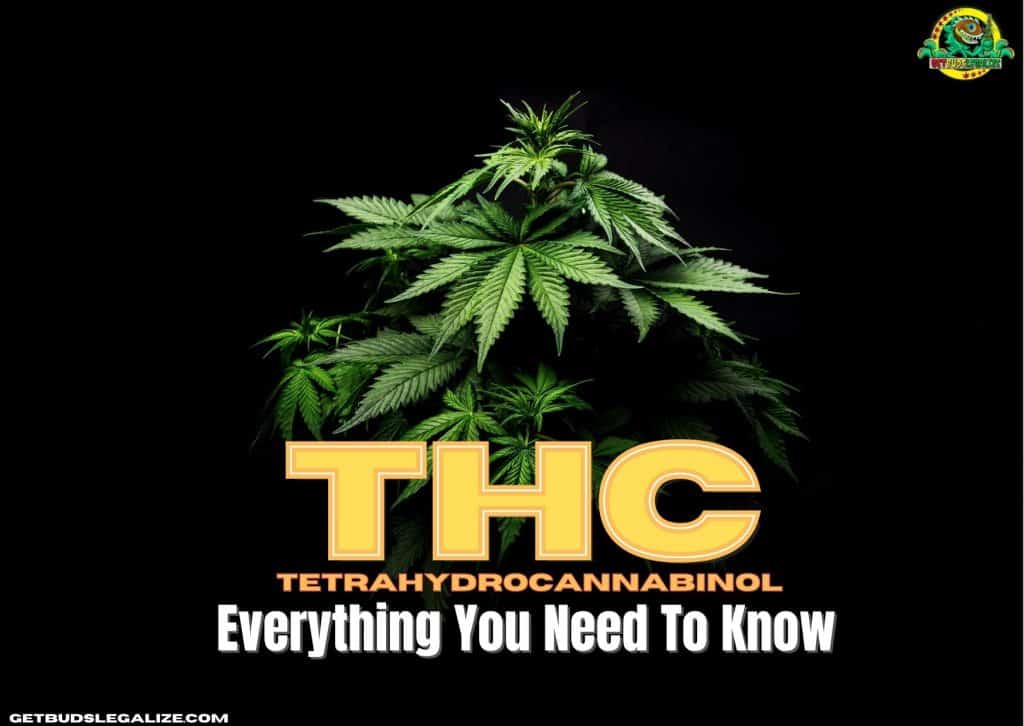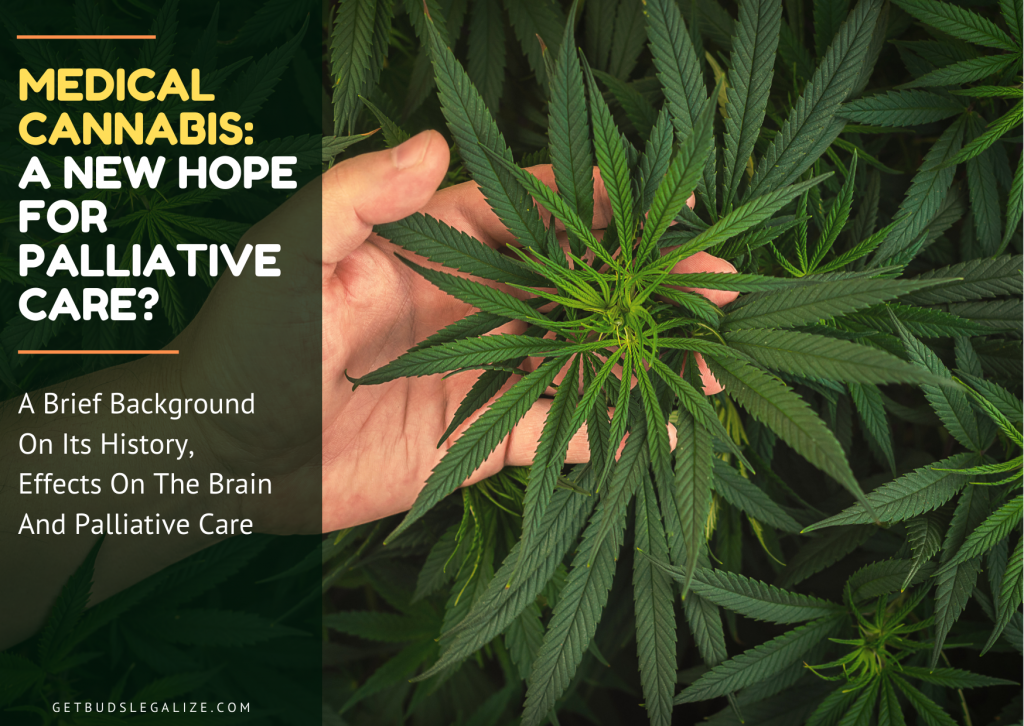Treating PTSD With Cannabis: Understanding The Risks And Benefits
The use of cannabis as a medical remedy is an issue that has garnered a lot of attention and concern in recent times. Many veterans use cannabis to relieve symptoms of PTSD, and some states have even approved its use for medical purposes.
However, existing research does not provide sufficient evidence to support cannabis as an effective treatment for PTSD. Some studies indicate that cannabis can be harmful, especially if used for prolonged periods.
What Are The Factors Associated With An Increased Risk Of Cannabis Use Among Veterans?
The use of cannabis has surged in the general population in recent years. Between 2013 and 2018, the number of Americans aged 12 and above who reported using cannabis in the past month skyrocketed from 19.8 million to 27.7 million.
Additionally, daily use of cannabis has risen by 60% over the previous decade. Notably, cannabis use has also increased among US military veterans.
In 2014, only 9% of veterans in the United States reported using cannabis in the past year. However, in 2019-2020, the prevalence of past cannabis use among veterans rose to 11.9%, exceeding 20% among veterans aged 18 to 44.
Increased risk of cannabis use is associated with various factors like mental health problems: post-traumatic stress disorder, anxiety disorders, mood disorders, and other substance use disorders.
Cannabis use disorder (CUD) refers to the problematic and prolonged use of cannabis. It’s prevalent among veterans, with a lifetime prevalence rate of 9.2% as of early 2020. Additionally, in the last six months, 2.7% of veterans have been diagnosed with CUD.
However, rates of current Cannabis use disorder are considerably higher among the subgroup of veterans with co-occurring PTSD, as well as among veterans with other psychiatric and substance use problems.
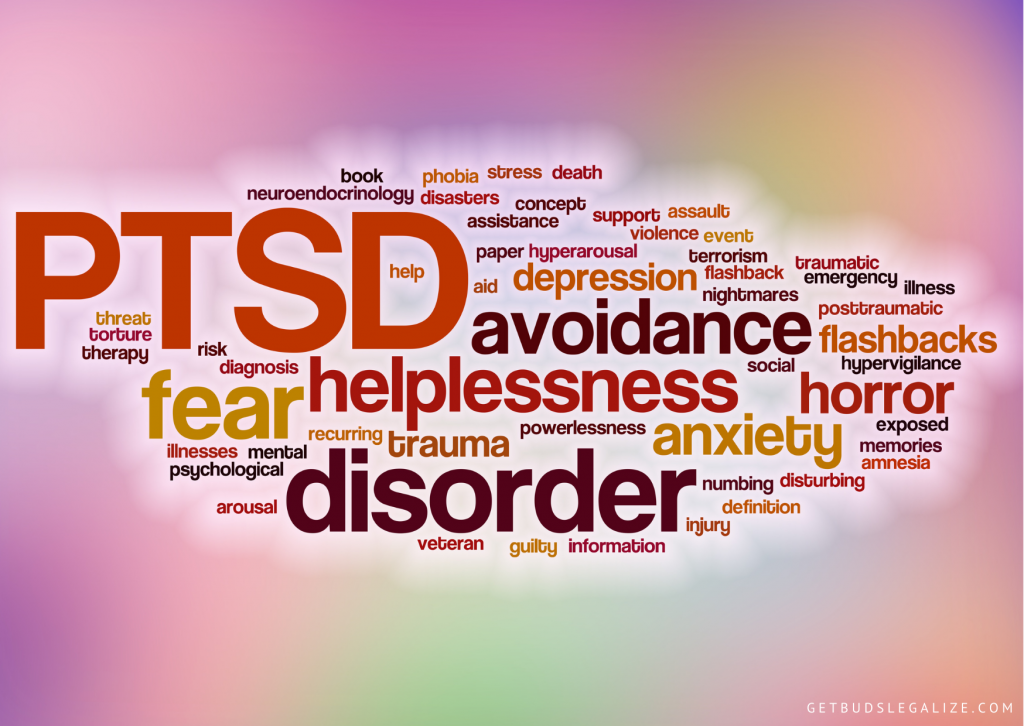
How Does Chronic Cannabis Use Affect The Quality Of Life For Individuals?
Cannabis use can lead to both medical and psychiatric problems. These problems are more likely to occur if cannabis is used frequently, chronically, and started during adolescence.
However, it is also possible that people who frequently use cannabis may have certain characteristics that contribute to these problems.
Medical problems associated with cannabis use include chronic bronchitis, abnormal brain development among early adolescents, and impairment of short-term memory, motor coordination, and the ability to perform complex psychomotor tasks such as driving.
Psychiatric disorders can manifest themselves in various forms such as psychosis, depression, and suicidal tendencies. Individuals with a genetic predisposition may be more susceptible to developing these conditions. Furthermore, such disorders can also lead to a decline in cognitive abilities.
Moreover, frequent and chronic cannabis use can harm the quality of life. Persistent cannabis use has been observed to be linked to decreased academic achievement, financial instability, and increased antisocial behavior.
Furthermore, chronic cannabis use can lead to addiction and can cause clinically significant withdrawal symptoms.
What Role Does The Human Endocannabinoid System Play In PTSD?
Research has consistently demonstrated that the human endocannabinoid system plays a crucial role in PTSD.
Individuals suffering from PTSD have a higher concentration of cannabinoid type 1 (CB1) receptors than those who are healthy or have been exposed to trauma. As a result, using cannabis can result in temporary relief from PTSD symptoms.
However, there are some drawbacks to using medical cannabis regularly for people with PTSD, such as developing tolerance to cannabis (due to the lower number or function of CB1 receptors) and addiction.
Previous research has indicated that CB1 receptors can recover after stopping marijuana use, but quitting may be especially hard for people with PTSD.

What Is The Current Scientific Evidence On The Therapeutic Effectiveness Of Cannabis For Treating PTSD?
Cannabis is often used by people suffering from post-traumatic stress disorder, but there is no concrete scientific evidence demonstrating its therapeutic effectiveness. To evaluate whether whole-plant cannabis could be a safe and effective treatment for PTSD requires randomized, placebo-controlled clinical trials, which are the most reliable method of testing medical hypotheses.
So far, only one such study has been conducted on 80 U.S. military veterans suffering from PTSD. The study was divided into two phases. In the first phase, participants received one of three types of whole-plant cannabis (high THC, high CBD, or a balanced combination of THC and CBD) or a placebo, and their symptoms were assessed. None of the three types of cannabis showed a significant difference compared to placebo in reducing PTSD symptoms.
In the second phase, 74 participants were assigned to one of three types of whole-plant cannabis, without a placebo. Only the group that received the balanced combination of THC and CBD showed a significant decrease in PTSD symptoms. However, without a placebo group, it is not possible to determine whether this result is due to cannabis or other factors.
Additionally, studies examining the effect of whole-plant cannabis use on long-term PTSD symptoms have provided mixed results.
A recent comparative analysis between cannabis users and non-users suffering from PTSD highlighted that the former showed a greater reduction in symptoms over one year.
However, this study only included people who were already using cannabis to relieve PTSD symptoms before participating in the research. This means that these are not people who have started a new treatment with cannabis, but people who have already experienced the effects of cannabis on their symptoms.
It is possible that this selection criterion favored the participation of individuals who believed that cannabis was beneficial for their PTSD and who were therefore more likely to report an improvement in symptoms related to its use. Additionally, the study did not consider other variables that could influence differences in symptom reduction between groups, putting it at high risk of bias.
In contrast, another study found that medical cannabis users with self-reported PTSD experienced short-term symptom relief when using cannabis, but no long-term changes in PTSD symptoms.
Additionally, other research indicates that chronic cannabis use can exacerbate trauma-related symptoms over time.
Preliminary studies indicate that oral CBD can reduce anxiety in individuals with and without clinical anxiety.
These findings have led to the development and testing of CBD treatments for individuals suffering from social anxiety and post-traumatic stress disorder.

What Is The Impact Of Problematic Cannabis Use On The Treatment Of PTSD?
Habitual cannabis use could compromise the benefits of veterans following validated treatments for post-traumatic stress disorder.
Some evidence indicates that a diagnosis of CUD is associated with less symptom reduction during residential treatment for PTSD and that persisting or initiating cannabis use after treatment for PTSD is related to a worsening of post-traumatic stress disorder symptoms.
However, other studies have found no relationship between cannabis use at the beginning and PTSD symptoms at the end of treatment. It is possible that functional problems related to cannabis use, rather than a neurobiological effect of cannabis, influence the effectiveness of treatment for PTSD.
According to a recent study, early cannabis use increases the likelihood of dropping out of cognitive-behavioral and pharmacological treatments for PTSD, while also leading to poor adherence to trauma-focused psychotherapy.
What Are The Main Difficulties Faced By People With Post-Traumatic Stress Disorder When Trying To Abandon Cannabis Use?
People with PTSD face greater barriers to quitting cannabis and treatment for CUD.
Compared to those who do not suffer from this disorder, they experience greater dependence and are more likely to continue using cannabis in the 6 months following the attempt to quit.
However, these individuals may benefit from several validated treatments for CUD, such as cognitive behavioral therapy, motivational intervention, and crisis management.
Therefore, providers should still adopt these solutions to promote abstinence or decrease cannabis use.
In Conclusion Clinical Recommendations
Marijuana is not an appropriate therapy for patients with PTSD, and healthcare providers should inform them of the risks and alternatives.
According to VA/DoD guidelines for PTSD, patients should receive scientifically validated treatments for their disorder and not use cannabis or derivative products, which have not proven effective and can cause side effects and addiction.
PTSD providers should educate patients about the harms of chronic cannabis use and recommend specialized substance use disorder (SUD) counseling if needed.
FAQs about Treating PTSD With Cannabis
If you are looking for medical marijuana strains to alleviate PTSD and anxiety, there are several options available. Different strains have different effects, so choosing the right one that suits your needs is essential. Therefore, choosing the right one that caters to your specific needs is crucial. Some of the best medical marijuana strains for PTSD and anxiety include:
PTSD is a mental health condition that can be triggered by experiencing or witnessing a traumatic event. While many factors can contribute to the development of PTSD, certain things may worsen the symptoms. These can include ongoing stress, lack of support from family or friends, alcohol or drug use, and exposure to additional traumatic events. It’s essential to seek professional help if you or someone you know is experiencing symptoms of PTSD to manage and treat the condition effectively.
If you’re looking for edibles to help with PTSD, there are a few things to keep in mind. Firstly, it’s important to choose products that are high in CBD, which is known for its calming and anxiety-reducing effects.
It’s also a good idea to look for edibles labeled as “Indica” strains, as these tend to be more relaxing and less stimulating than their “Sativa” counterparts.
Finally, be sure to start with a low dose and work your way up slowly, as edibles can be potent and long-lasting. As always, it’s best to consult with a healthcare professional before trying any new treatment for PTSD.
If you’re wondering whether you can get a medical card for PTSD, it’s important to know that the rules and requirements vary depending on your state and country. You may need to undergo an evaluation to determine if you meet the criteria for a medical card. It’s best to consult with a healthcare provider or a licensed medical professional for more information on the process and requirements in your area.
Cannabis has been suggested as a possible treatment for PTSD. However, there is limited research on the short-term effects of cannabis on PTSD symptoms.
It is important to note that while some individuals may experience temporary relief from symptoms such as anxiety and insomnia, cannabis use can also have negative effects, such as increased feelings of paranoia and impaired cognitive function.
More research is needed to fully understand the potential benefits and risks of using cannabis as a treatment for PTSD.
Cannabis has been suggested as a potential treatment option for PTSD, particularly for improving sleep quality and reducing symptom severity. Some studies have explored the use of smoked cannabis in randomized cross-over clinical trials and have found promising results for cannabis in treating complex PTSD, though more research is needed. Additionally, there is some evidence to suggest that delta-8, a cannabinoid found in cannabis, may also have potential benefits for those with PTSD.
Cannabis has been considered as an alternative treatment option for PTSD due to its potential benefits in reducing anxiety and depression. However, like any other medication, cannabis also has side effects.
Some of the common side effects of treating PTSD with medical cannabis include dizziness, dry mouth, fatigue, impaired memory, and impaired concentration.
It is important to consult with a healthcare professional before using cannabis for PTSD treatment and to follow the recommended dosage to avoid adverse effects.
Medical researchers are exploring the potential benefits of treating PTSD with cannabis. Studies have found that cannabis may help alleviate some of the symptoms associated with PTSD, such as anxiety, depression, and insomnia.
However, more research is needed to understand the effects of cannabis on PTSD fully and to determine the most effective dosages and administration methods. It is important to note that the use of cannabis for medical purposes should always be discussed with a qualified healthcare professional.
Cannabis has been found to be helpful in treating certain symptoms of complex PTSD, such as anxiety and sleep disturbances. However, it is important to note that the use of cannabis for medical purposes should be discussed with a healthcare professional who can evaluate your specific needs and determine if it is a safe and effective option for you. Additionally, the legality of using cannabis for medical purposes varies by location, so it is important to research and follow the laws in your area.










